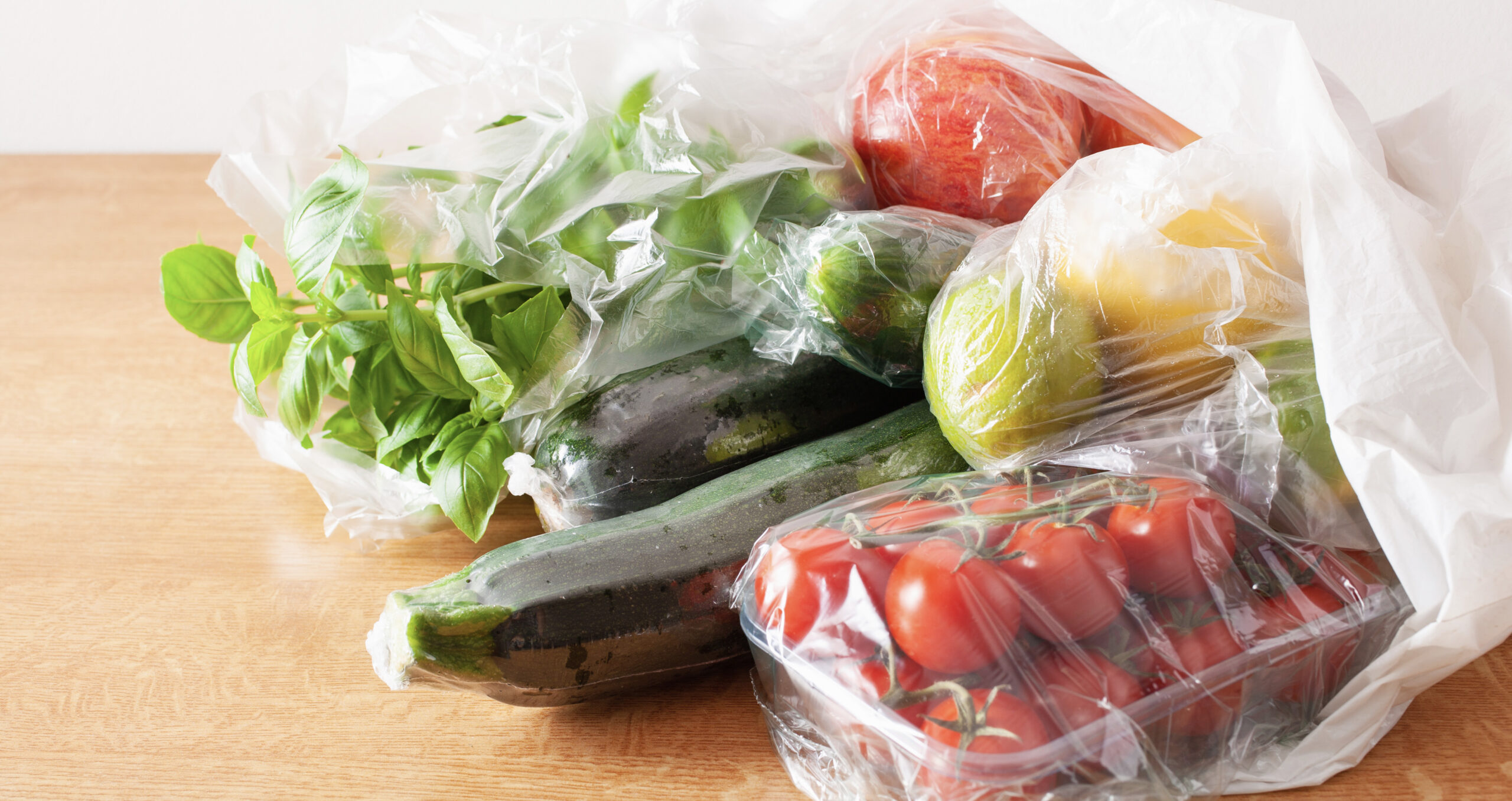
Industry wins battle on reusable packaging in EU vote

MEPs have voted to support amendments to the European Commission’s proposed Packaging and Packaging Waste Regulation that favours recycling over reuse. Green groups also blame industry lobbying for striking down the Sustainable Use of Pesticide Regulation
The EU packaging industry is celebrating after members of the European parliament voted yesterday to weaken proposals for an EU packaging law by placing the emphasis on recycling rather than reuse.
MEPs voted to keep targets calling on EU member states to reduce total levels of packaging waste by 5 per cent by 2030 and 15 per cent by 2040, and for targets to reduce plastic packaging by 10 per cent by 2030 and 20 per cent by 2040. However, they deleted or watered down 2040 reuse targets and made 2030 targets dependent on countries’ recycling rates.
They also called for a ban on the use of so called “forever chemicals”, like polyfluorinated alkyl substances and Bisphenol A in food contact packaging. PFAS are linked to numerous diseases, including cancer and reproductive diseases. In a letter sent this month to the chief executives of 50 listed chemical companies, the Investor Initiative on Hazardous Chemicals suggested manufacturers and users of PFAS chemicals are exposed to liability and insurance risks reminiscent of those historically linked to asbestos.
“The parliament’s elimination of some arbitrary bans and reuse targets that are not based on due scientific evidence is a step in the right direction,” said Francesca Stevens, secretary-general of EU packing industry organisation Europen, in a statement after the vote in Strasbourg on the planned Packaging and Packaging Waste Regulation.
However, she called for changes to the European Commission’s original proposals to go even further during the next round of negotiations to finalise the PPWR law between the parliament, EU executive and the European Council.
“Much more work is needed to remove outstanding obstacles that threaten value chains and risk fragmenting the single market,” said Stevens, adding that the vote “fails to include adequate harmonisation of sustainability and waste management requirements” across the EU.
Environmental groups are insistent that recycling alone will not solve the pollution, in particular the plastic pollution, problem. This stance was also made clear by many companies, including Nestlé, during last week’s negotiations on a Global Plastics Treaty in Nairobi.
“The European parliament has just weakened a perfectly feasible solution to tackle throwaway culture, without offering an alternative,” said Mathias Falkenberg, a programme manager at non-profit Environmental Coalition on Standards, in a statement.
Nature legislation
Environmentalists also blamed industry lobbyists for the parliament’s decision this week to reject the Sustainable Use of Pesticide Regulation, part of the agricultural tranche of the EU Green Deal, aimed at tackling the biodiversity crisis by halving pesticide use by 2030.
“Supporting a farming system that contaminates our environment with toxic compounds, jeopardising our health, is an unsustainable choice,” said Marilda Dhaskali, EU agriculture policy officer at non-profit BirdLife Europe, in a statement.
All eyes are now focused on the vote on the controversial EU Nature Law in the parliament’s environment committee on November 29. This week, more than 100 multinationals, including Nestlé, Danone, Ikea and Unilever, released statements underlining their support for the legislation.
Almost 20 per cent of Europe’s economy is at risk due to the declining state of natural habitats, with 60 per cent of companies on the Euronext stock exchange, valued at €3.26tn, highly to moderately dependent on nature throughout their supply chains, said the companies.
The European Central Bank recently published a paper on the “implications for financial stability” of Europe’s “disappearing nature”, warning of potential “instability” given the high reliance of companies and investments on healthy ecosystems.
Similar Articles

In Brief: EU parliament rubber-stamps CSDDD; US imposes strict rules on carbon pollution from power plants

UK Climate Change Act remains legally sound 15 years on, experts say


